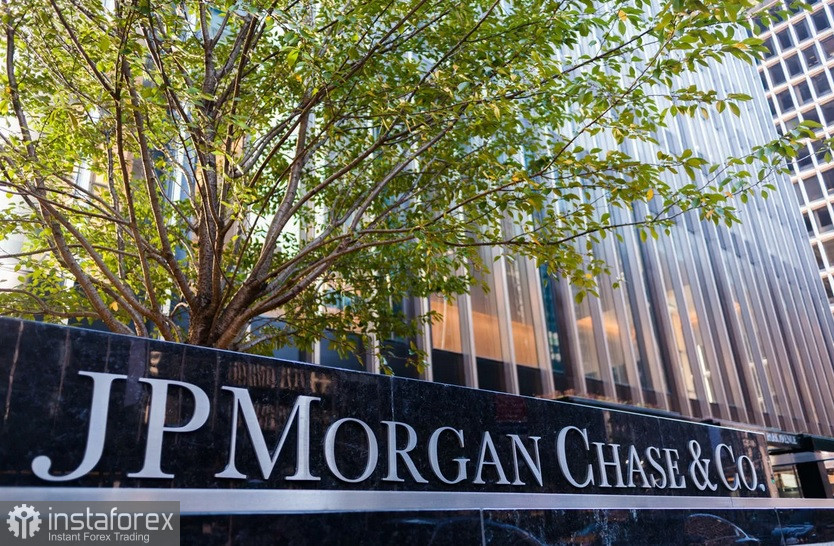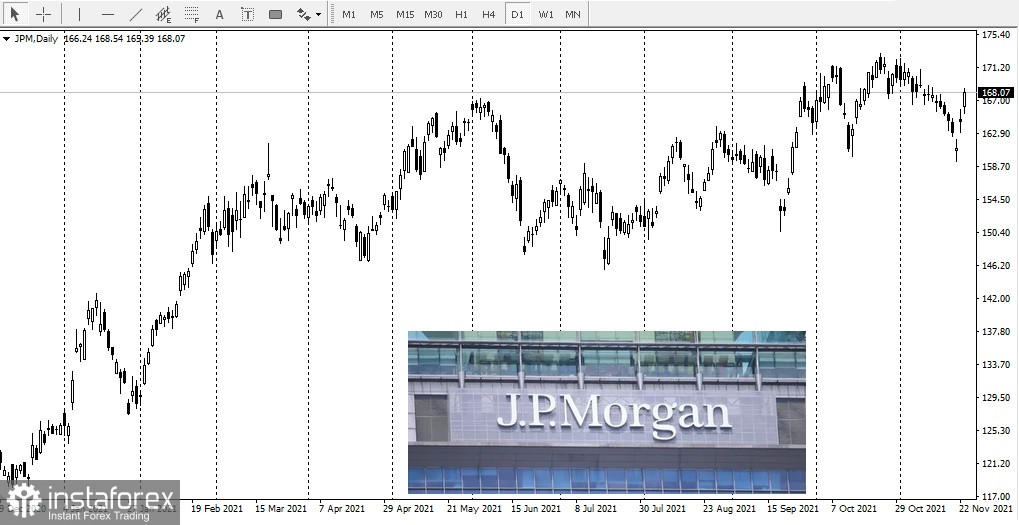
According to the latest annual ranking of leading lenders compiled by global regulators, JPMorgan Chase (JPM.N) was once again named the world's most important bank for the health of the financial system as a whole.
On Tuesday, the Financial Stability Board (FSB), consisting of the regulators of the G20 countries, published the latest table of the 30 most systemic banks in the world.
The 30 lenders were divided into four baskets in order of their consistency, internationality, interconnectedness, and complexity, with JPMorgan now in the first place compared to its peers.
Last year, the bank shared its first place with HSBC and Citigroup.
BNP Paribas (BNPP.PA) and Goldman Sachs (GS.N) were also declared more systemic, both rose by one basket.
It is worth noting that being included in the table means having additional capital and undergoing stricter supervision to avoid a repeat of taxpayer assistance during the banking crisis that was more than a decade ago. In practice, lenders usually have capital reserves that already exceed FSB requirements.
According to the bank's statement, JPMorgan had a fixed capital to risk-weighted assets ratio of 12.9% at the end of September. This is well above the minimum level of 11.3% set by the Fed.
 The FSB's capital allowance for JPMorgan is now 2.5% compared to 2% last year.
The FSB's capital allowance for JPMorgan is now 2.5% compared to 2% last year.
US banks are aggressively, but unsuccessfully, struggling with capital allowances for the FSB, but they are unlikely to succeed under the administration of US President Joe Biden.
However, the FSB gave hope for relief to the eurozone banks by showing an example of how their relations with other countries of the bloc are developing.
Eurozone creditors argue that they are all regulated by the European Central Bank within the framework of the EU banking union, and so, their relations with other countries should not be considered as cross-border, which requires a tougher attitude.
On Tuesday, the FSB announced that the Basel Committee, which develops global banking capital rules, will conduct a short-term review of international risks within the banking union regarding its list of the most systemic creditors.





















